If you’ve been paying your bills on time and have been in a good place financially, noticing a sudden dip in your credit score can feel confusing and frustrating. You might think your credit score dropped for no reason, but several hidden factors could have caused it.
However, you should know that your credit scores are likely to change constantly because the data used to calculate them comes from your credit reports, which contain constantly changing information.
Several factors can affect your credit scores, many of which are not easily noticeable to the average person. Your first step, however, should be to check your credit reports and find the source of the problem. Here are some potential causes of your credit score drop:
You Have Late or Missing Payments
Say you received online statements and maybe deleted the email notice by mistake. Or perhaps you just forgot to pay a bill on time. One late payment can significantly affect your credit score. Your credit score is mainly influenced by your payment history, which makes up 35% of the score.
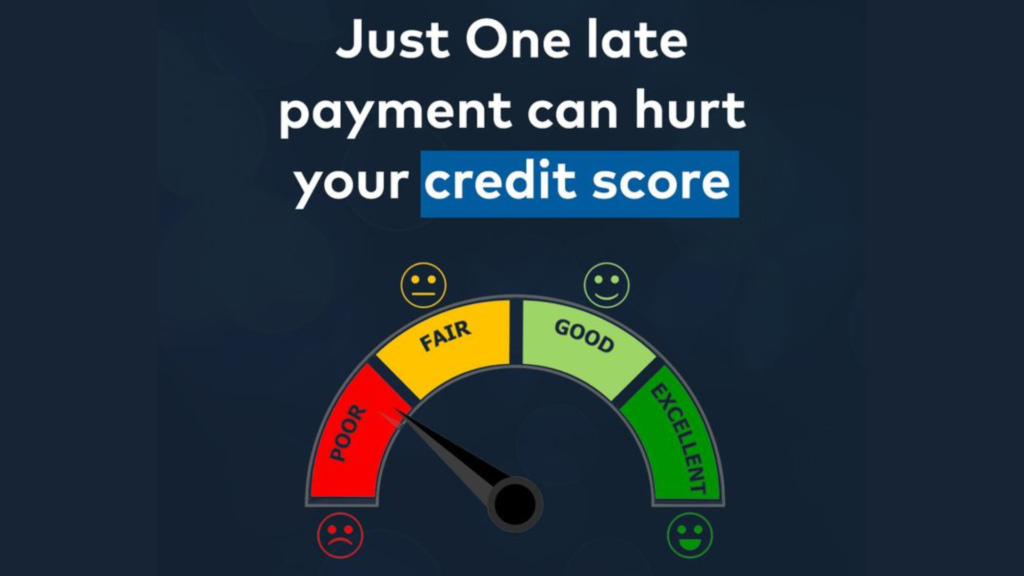
Also, you might be wondering, “Why is my credit score going down when I pay on time?” But if you unintentionally forgot to pay a bill or missed a deadline by a few days, it could be the cause. So expect a late fee and perhaps a rise in the penalty interest rate.
A Drop in Your Credit Limit
Credit card companies can reduce your credit limit for several reasons, like changes in your spending habits or general economic conditions. Your credit score may suffer if your credit limit drops because it would raise your credit utilization rate.

If your available credit drops but your balance stays the same, you’ll use a higher percentage of your total credit limit. This increase in utilization can be enough to lower your credit score even if you’re not carrying more debt.
ALSO READ: Experts Say You’re “Good” Once You Hit This Credit Score
There’s a Mistake in Your Credit Report
Your credit score can also drop due to mistakes or inconsistencies in your credit report. For example, a debt that doesn’t belong to you can show up on your report, or a credit card payment might be mistakenly reported late. Fraud and identity theft can also result in incorrect entries, dragging down your score.
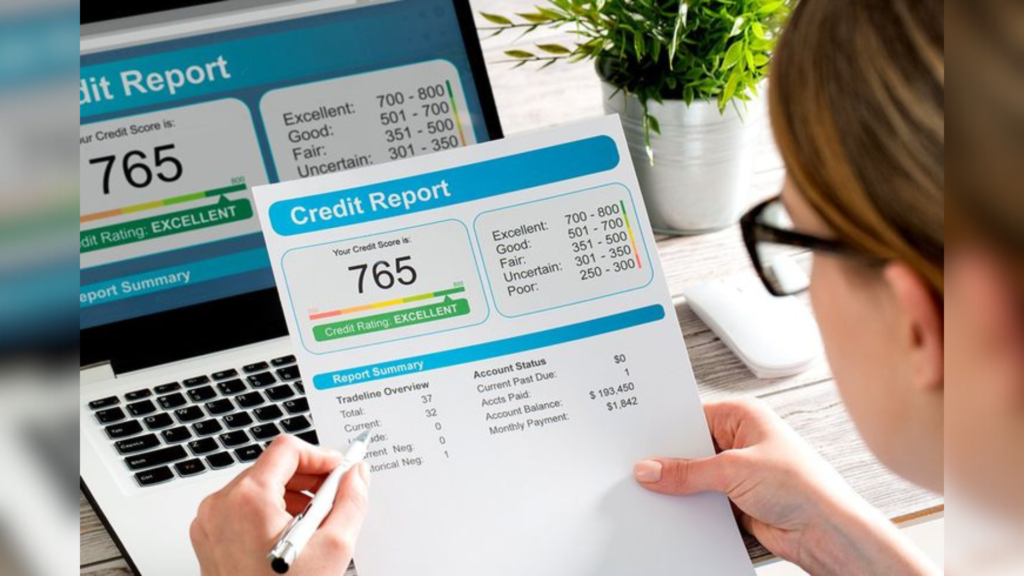
To resolve this, check your credit report regularly for incorrect or suspicious information. If you find any errors, dispute them with the credit bureaus so they can be corrected.
You Co-Signed a Loan or Credit Card Application
Suppose you agree to let a friend or relative use your good credit. If the person you co-signed for makes a late payment or accumulates a large balance on the credit card, your score could suffer.

A late payment can lower your credit score by 90–110 points, though the precise points lost vary depending on the extent of the issue and the overall credit profile.
You Applied for a Lot of Credit
Each time you apply for a new line of credit, be it a loan or a credit card, the lender will run a hard inquiry on your credit report. While a single hard inquiry or two usually has little effect, applying for multiple credit accounts quickly can cause lenders to become suspicious and temporarily lower your credit score.

If you’ve recently applied for new credit cards or loans, this could be why your credit score dropped for no reason.
An Increase in Your Total Debt
An increase in your total debt burden could be another reason for a credit score drop. Your credit score could suffer if you’ve taken on additional debt or allowed your existing balances to grow.
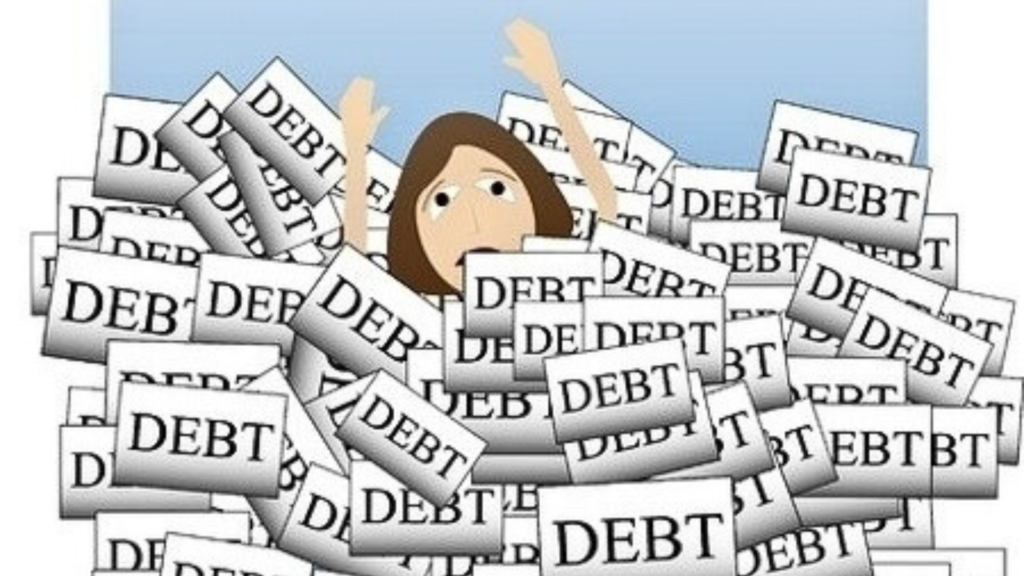
Your credit utilization ratio is determined using card debt and loan amounts. And the more debt you have, the more your credit score will likely decline. Even if you’re making all of your payments on time, the extensive debt you owe can be enough to cause a score drop.
A Negative Item on Your Credit Report
Sometimes, a negative notation on your credit report that you were unaware of can cause a sudden drop in your credit score. This could be due to penalties, collections accounts, or a public record like tax liens or bankruptcy. Negative items like these can dramatically affect your credit score.
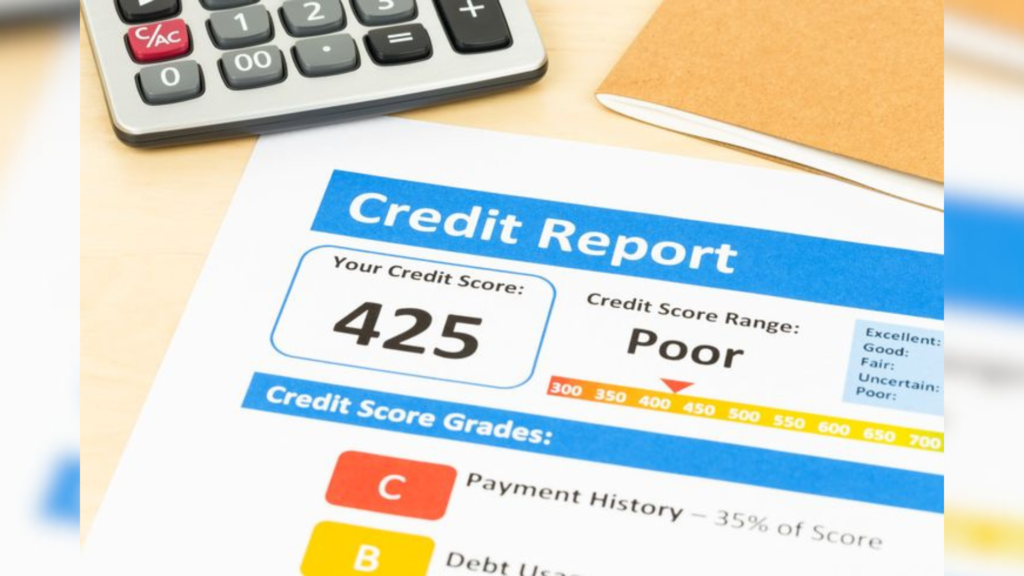
If you’re confused and wondering, “How can I find out why my credit score dropped?” The first thing to do is to check your credit report. Look for any unusual or incorrect entries that could explain the decline.
You Closed an Old Credit Card
Closing a credit card account can affect your credit score more than you think. This is because closing an account reduces your total credit limit, which can cause your credit utilization rate to increase.

Additionally, closing an older account can reduce your average account age, another important factor in your credit score calculation.
ALSO READ: In a Decade-long Review, National Average of Credit Score Falls to Historic Low
You Paid Off a Loan
While paying off debt is usually good, paying off a loan can sometimes cause your credit score to drop. This happens because closing a loan account reduces the variety of credit types you have.

A conventional mortgage, credit card, car loan, or student loan adds diversity to your credit profile, and closing one type of account can lower your overall credit mix.
What Does It Mean to Have a Low Credit Score?
A low credit score can have significant effects on your financial situation. Lenders will see you as a higher risk, making it harder to qualify for credit cards, loans, or even rental agreements. If you are eligible, you might face higher interest rates, larger down payment requirements, or less favorable terms.
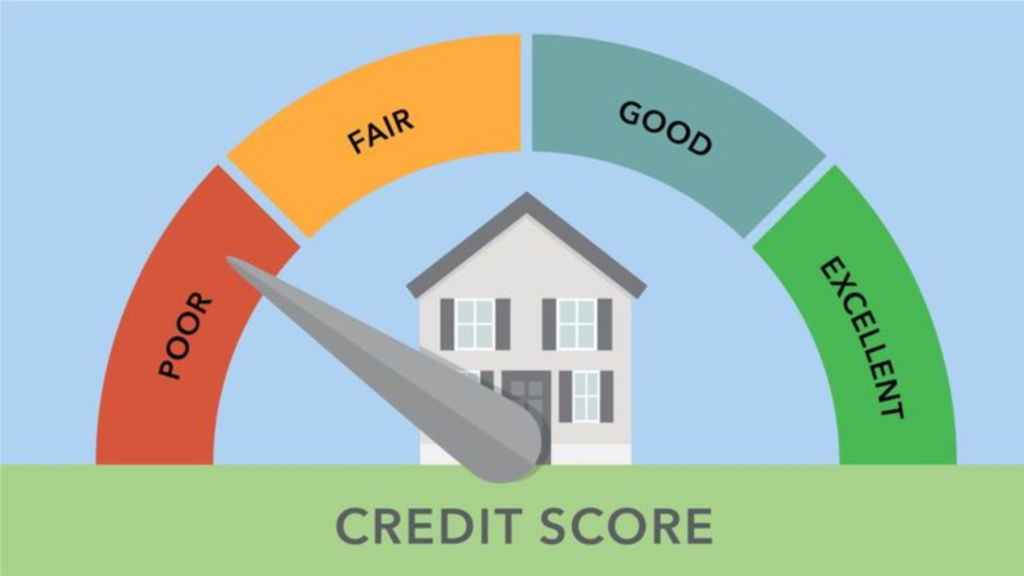
A low credit score might also affect insurance costs and employment opportunities in specific industries. So, if your credit score drops for no reason, it’s essential to dig deeper and find the root problem.
Whether it’s an increase in card debt or anything else, understanding the cause is essential to maintaining a healthy financial profile and improving your overall creditworthiness.
How to Identify the Cause of a Credit Score Drop
Checking your credit report is the first step to take when determining why your credit score declines. You can get a free report from each of the three major credit bureaus—Equifax, Experian, and TransUnion—once a year through AnnualCreditReport.com. Your report will show all the credit activity recorded in your name, including new accounts, late payments, and inquiries.

Next, review your payment history, credit utilization, and recent credit applications for new credit. By carefully examining these areas, you can identify the exact cause of your credit score drop. Additionally, consistently monitoring a good credit score will help you sustain a healthy financial life.

